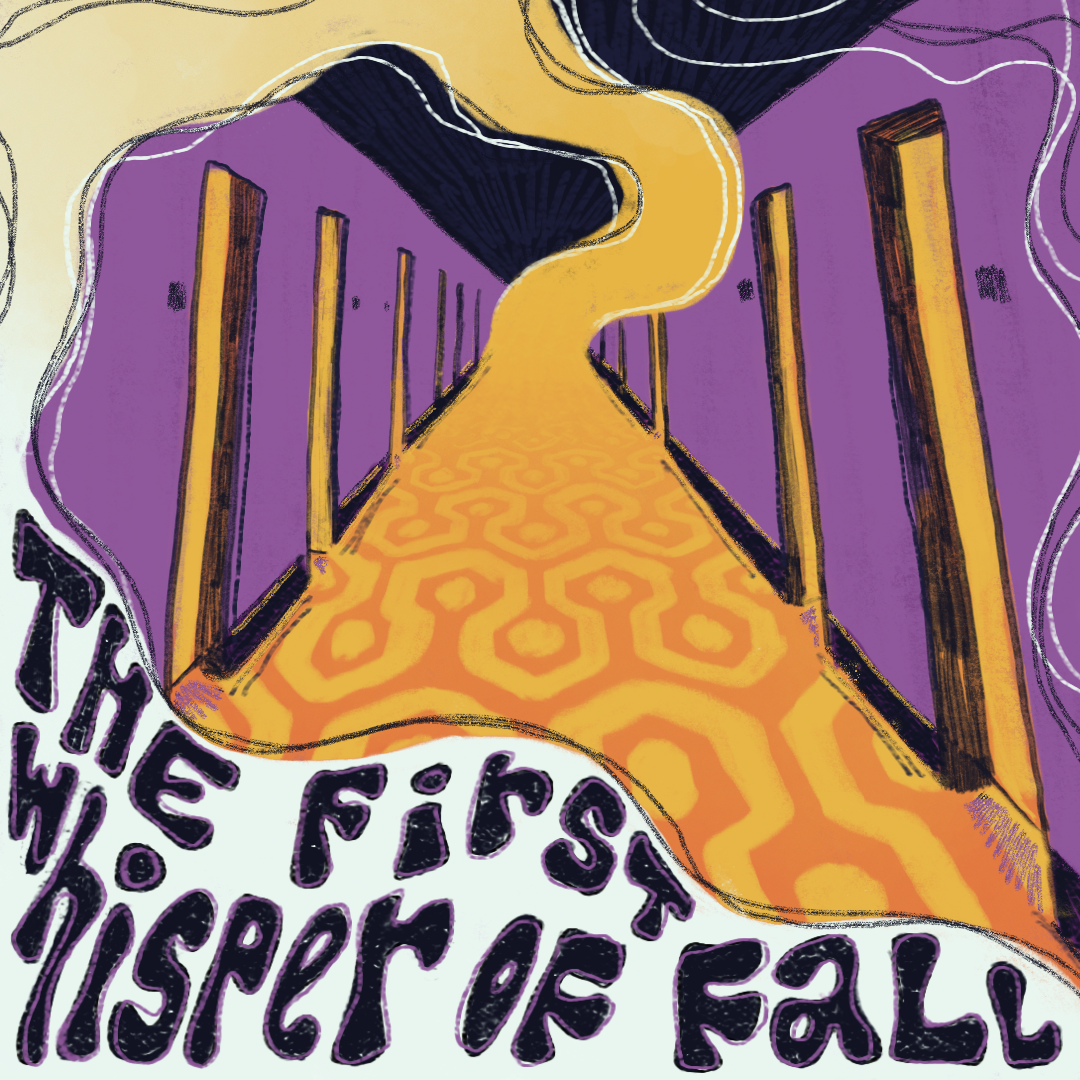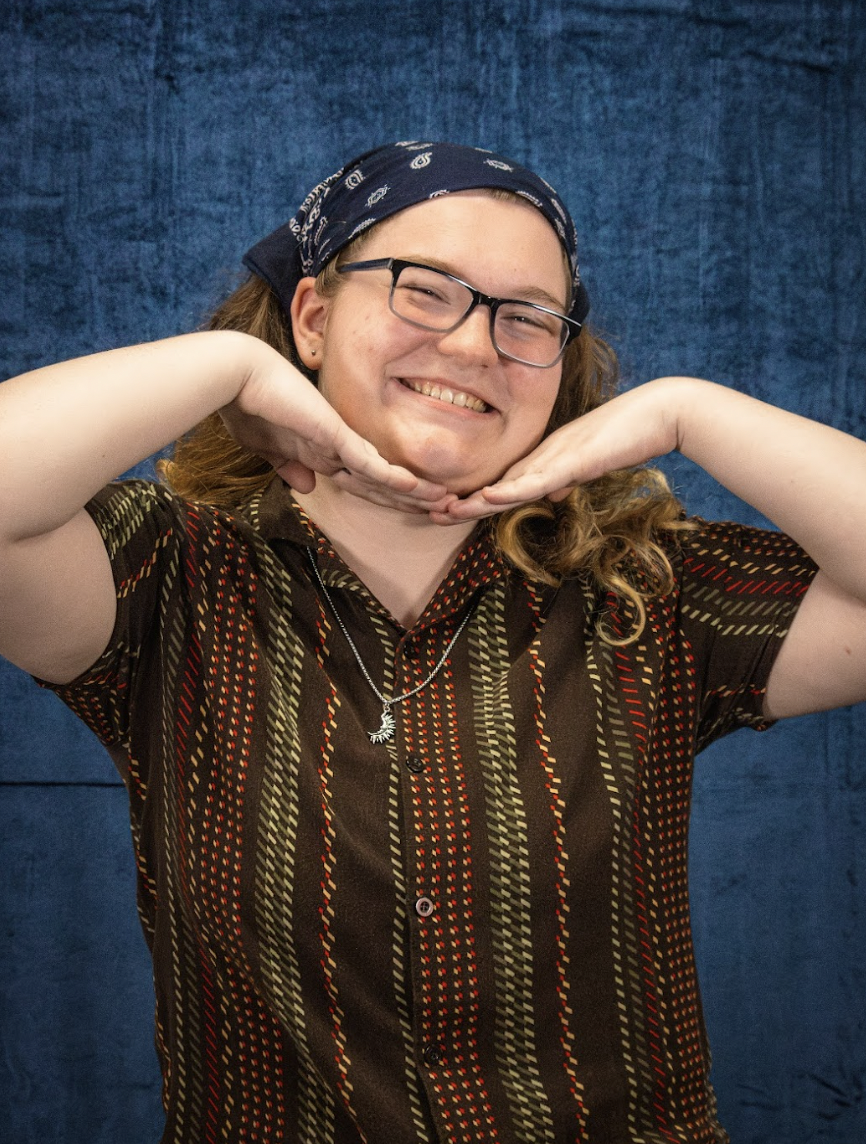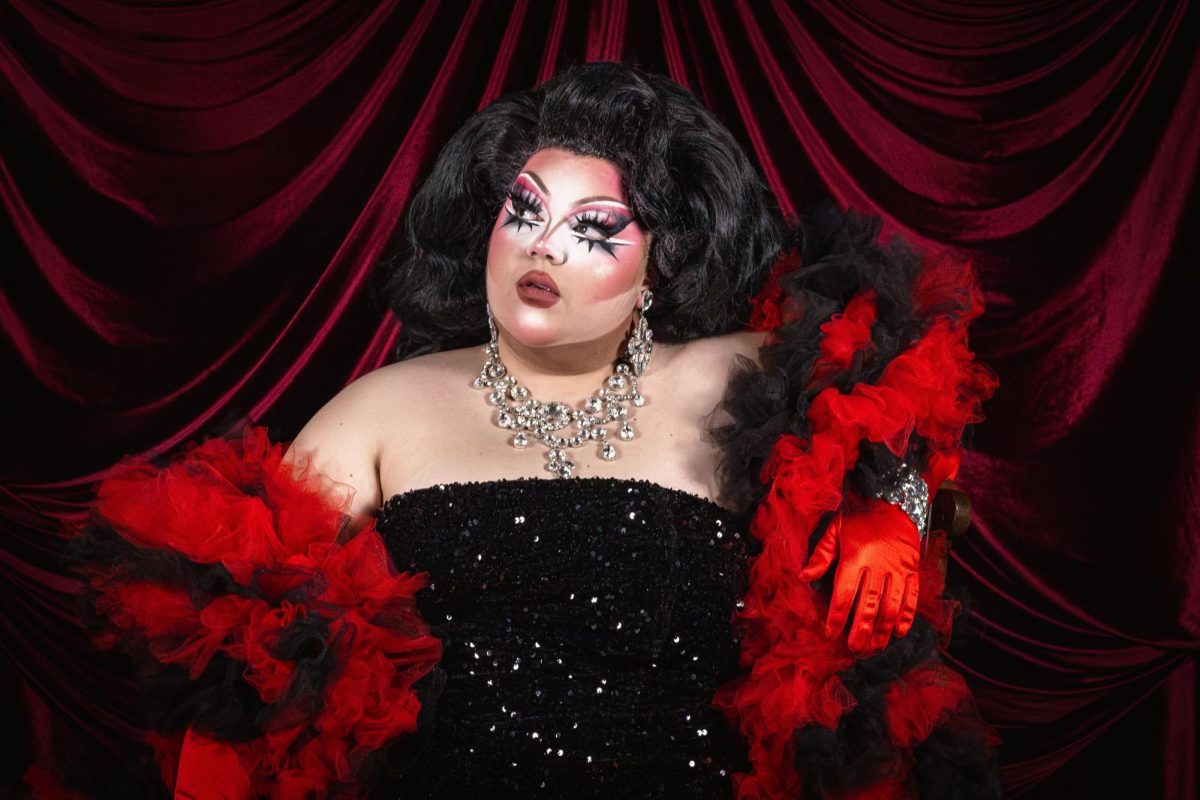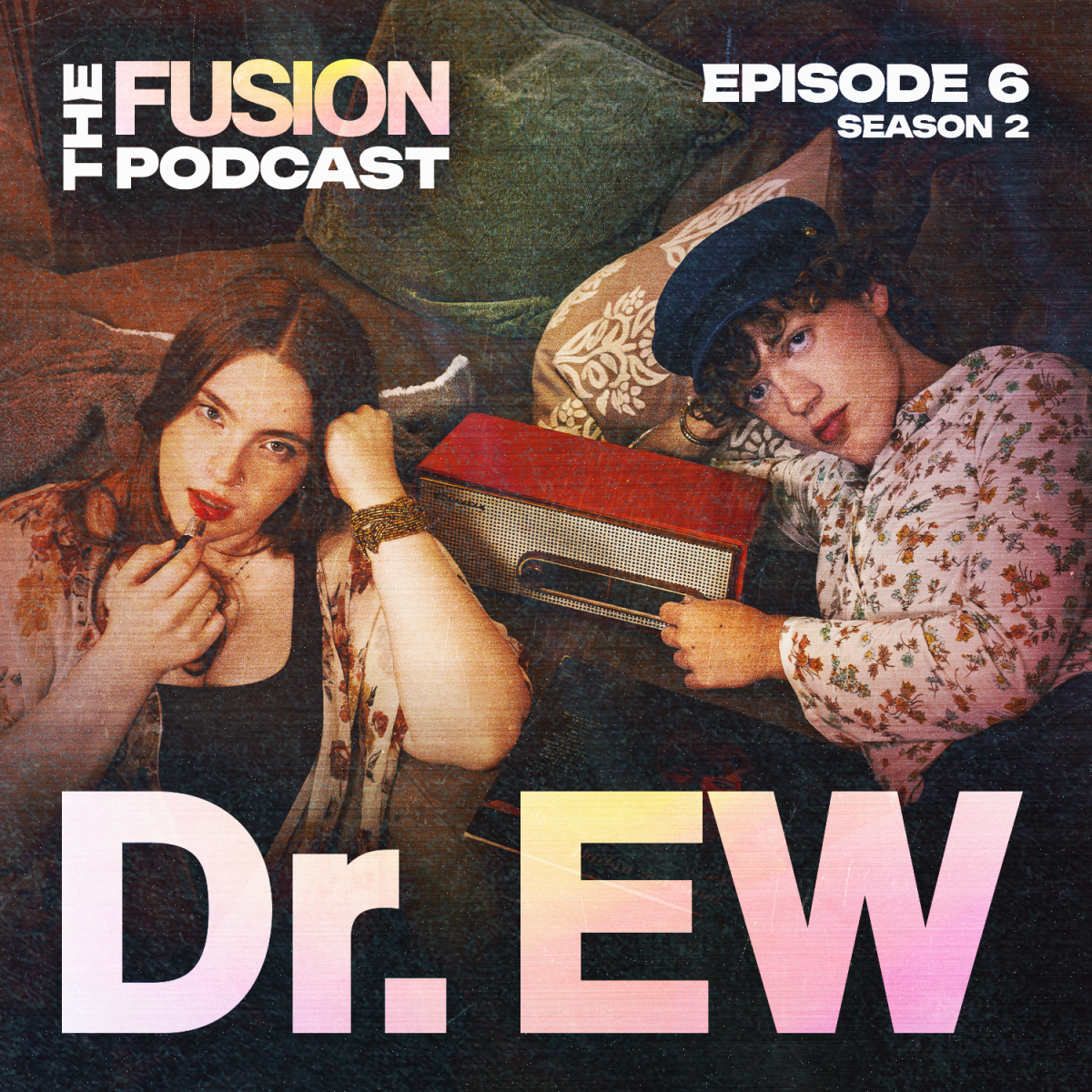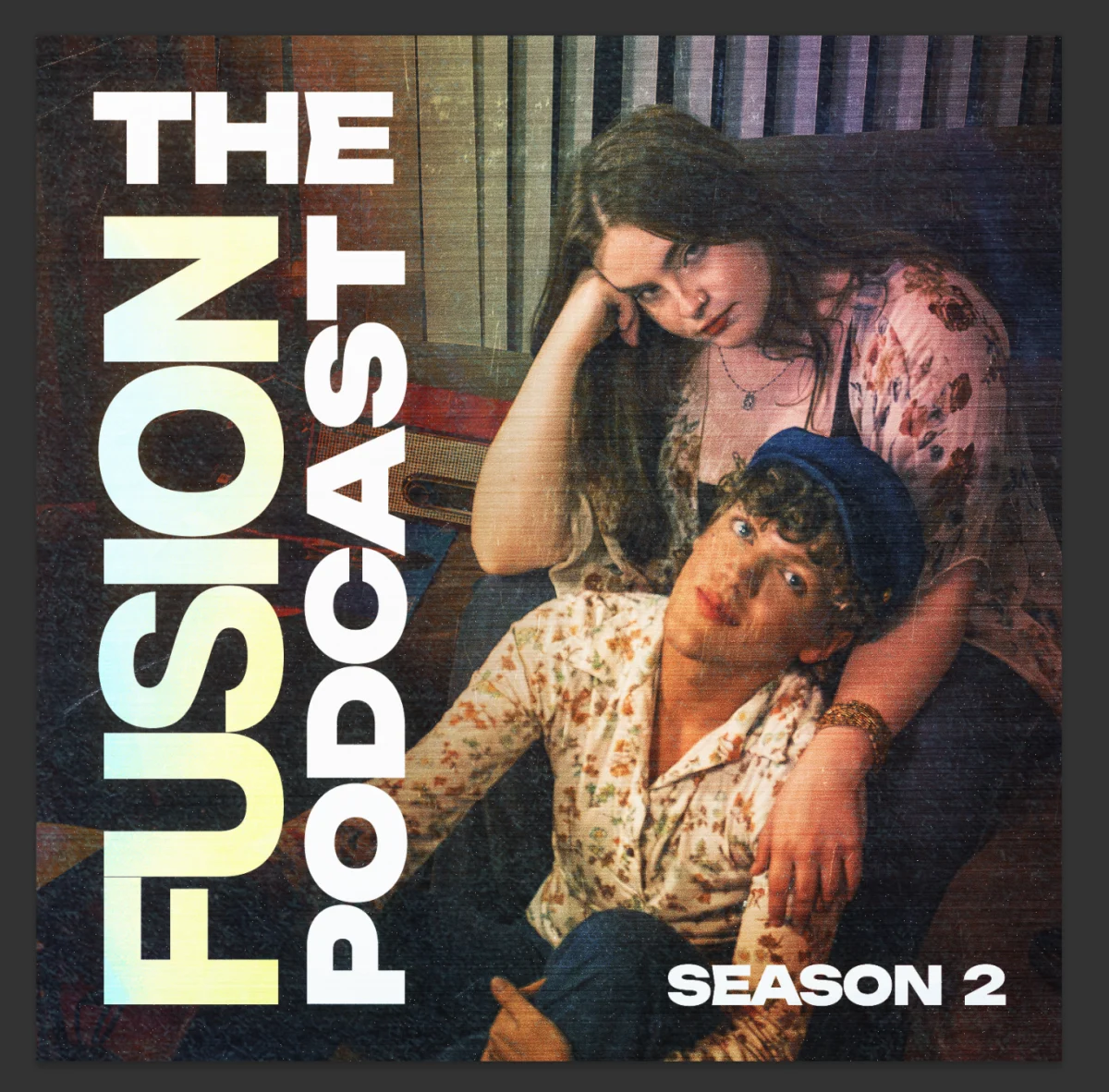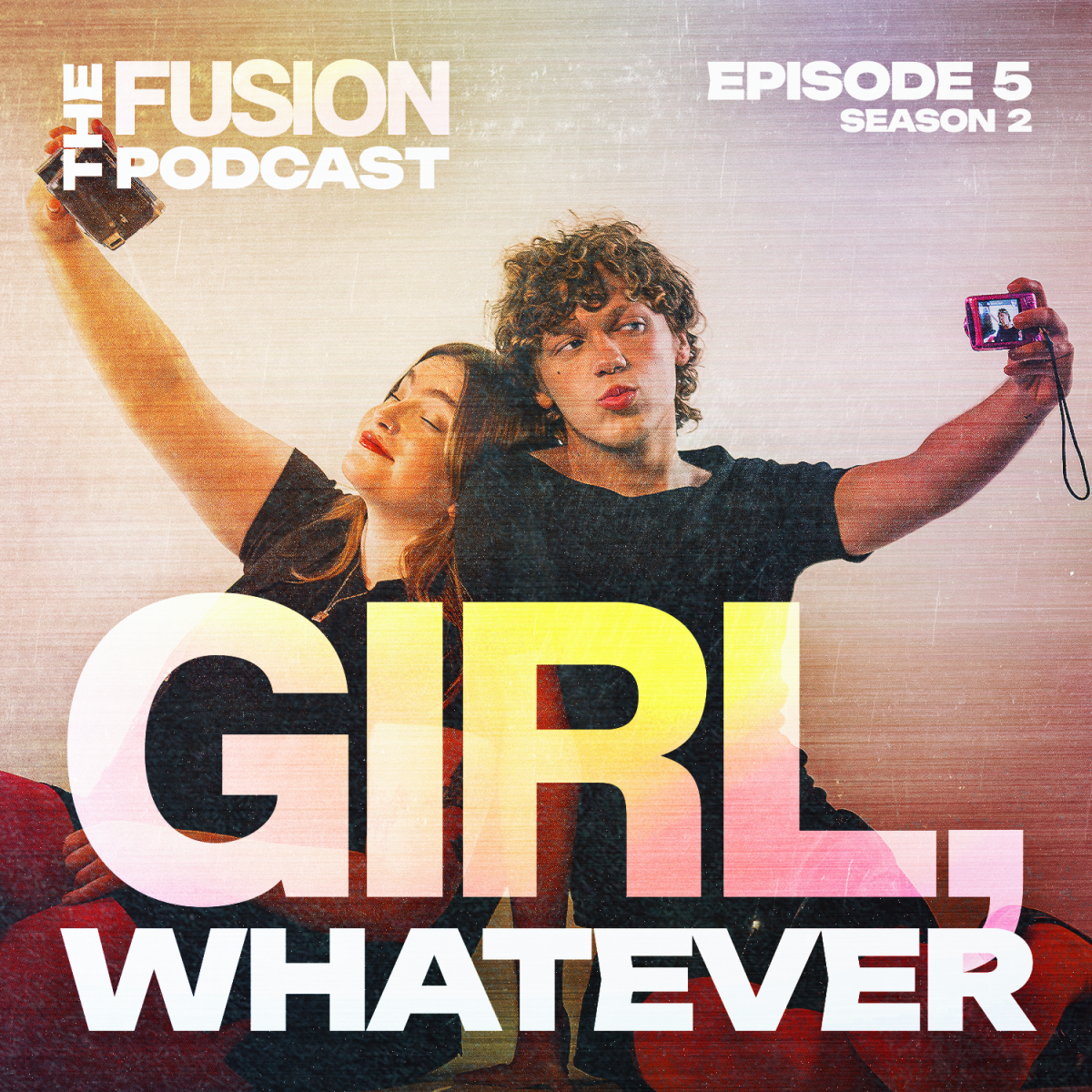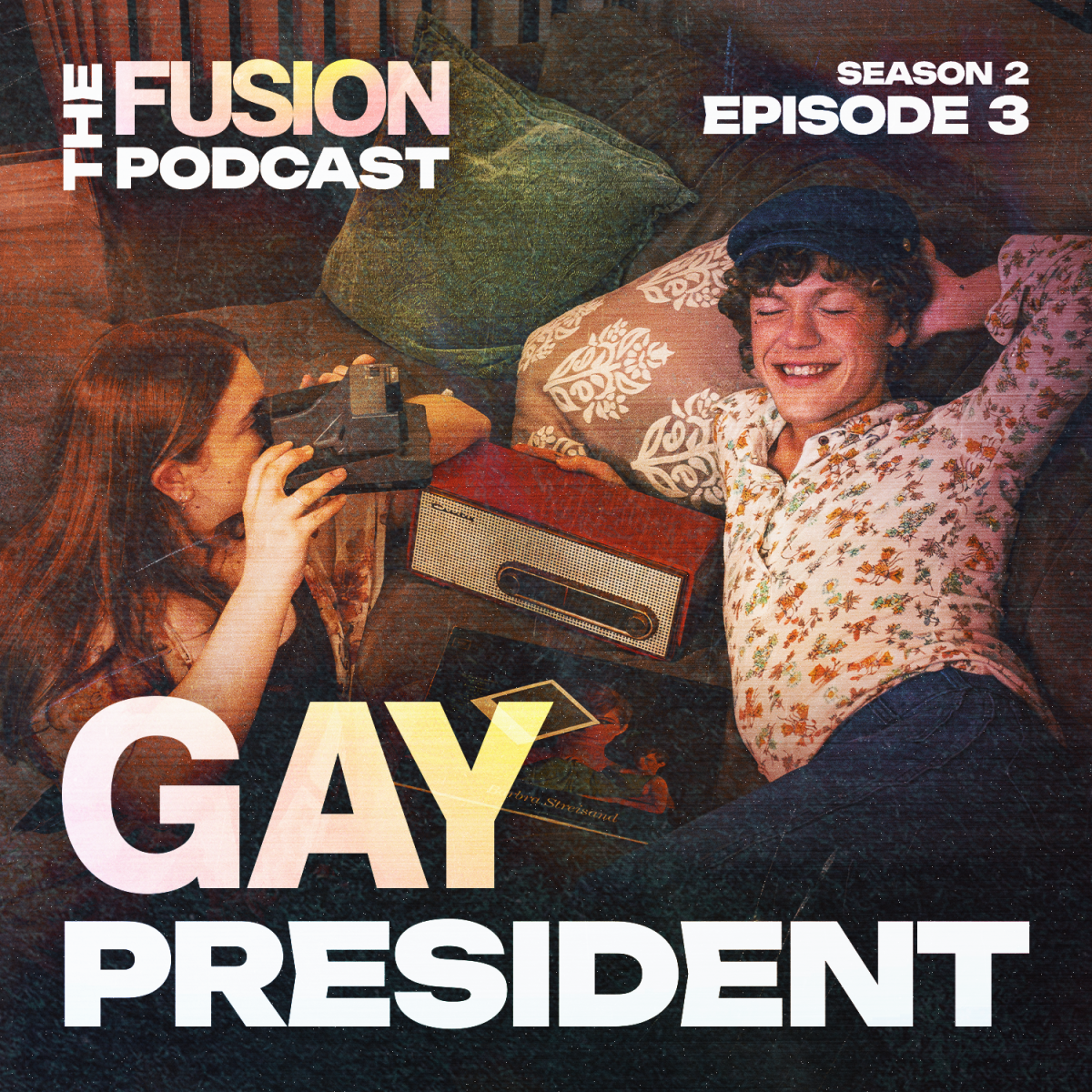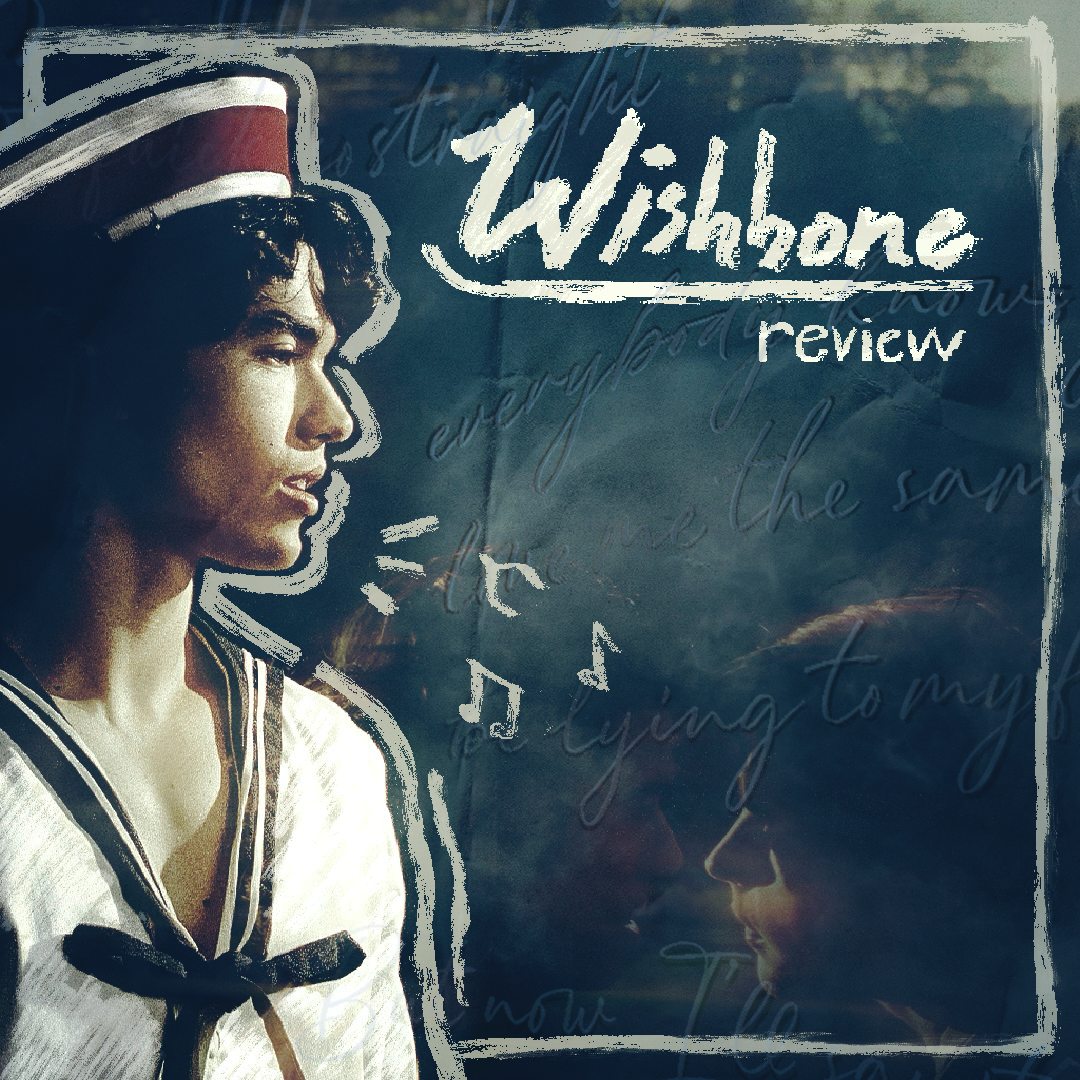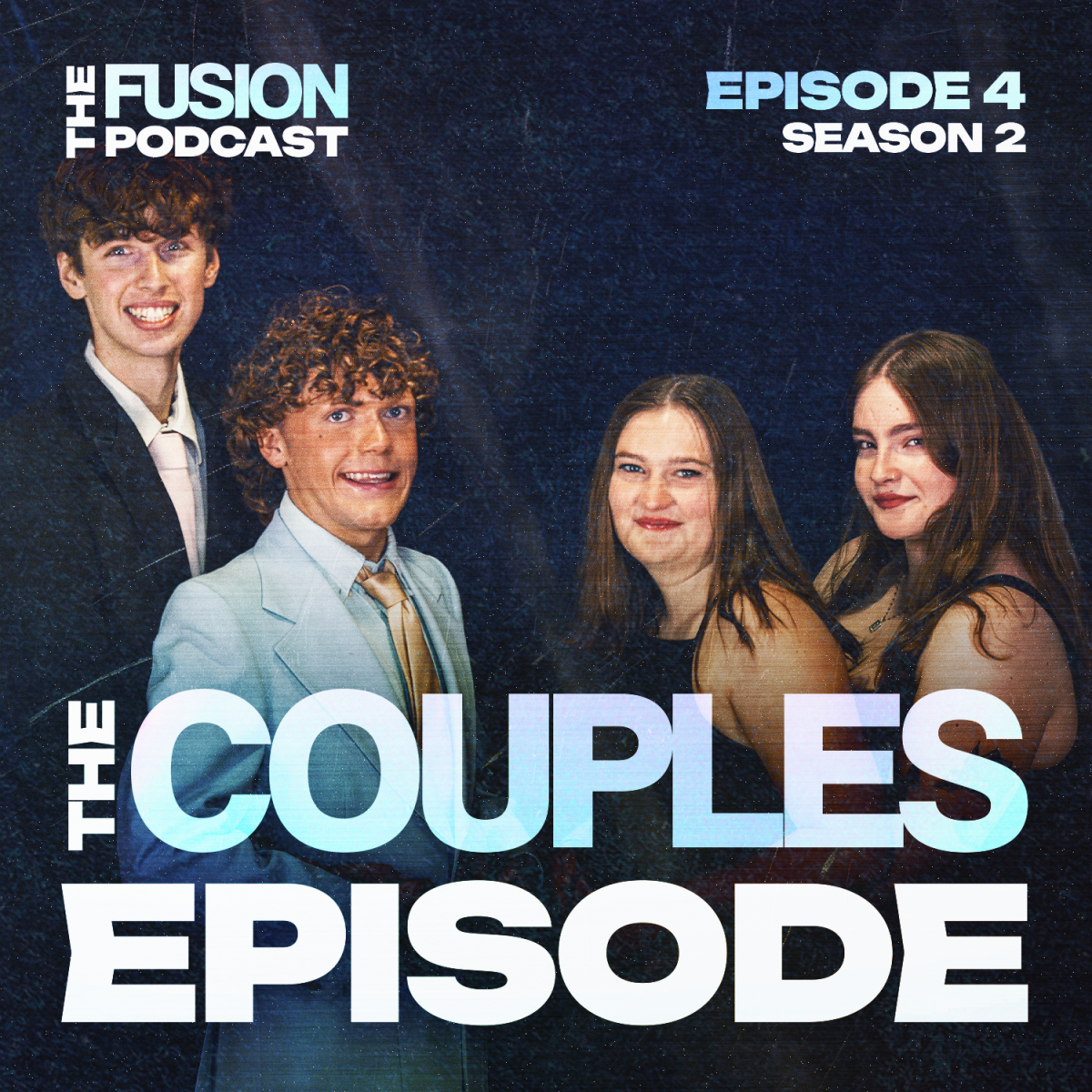 According to some, Kent State is a “closeted campus” or “neutral at best” for LGBTQ students. That’s what Christina McVay has heard from a couple officials within Kent State University.
According to some, Kent State is a “closeted campus” or “neutral at best” for LGBTQ students. That’s what Christina McVay has heard from a couple officials within Kent State University.
When I first read it in last week Thursday’s Daily Kent Stater article, my jaw absolutely dropped. “Not Kent State,” I thought. I’m accustomed to students bashing Kent State with chants like “Kent read, Kent write, Kent State,” but people—whoever they are—labeling Kent State an average to below average school for LGBT students is quite perplexing. What significant advantage does Kent State miss that other, “more gay-friendly,” universities have?
It’s important not to downplay the advantages some universities offer compared to others of course. There are things universities should provide LGBT students, staff and faculty. Things like a campus LGBT organization, scholarship opportunities for LGBT and Ally students, an anti-discrimination policy to protect LGBT students, staff and faculty, classes with a central LGBT theme, and Safe Zone, Safe Space or any other LGBT-inclusive diversity training. Kent State offers that and more. Many of the things Kent State’s campus doesn’t offer are things I like to call “novelties.”
The following five “LGBT advantages” are pulled from Campus Pride’s Campus Climate Index, a very respectable assessment questionnaire that hundreds of universities complete to check their rating of LGBT friendliness. The following five items are things I would consider novelties rather than advantages:
Does your campus have any student organizations that primarily serve the needs of underrepresented and/or multicultural LGBT populations (e.g. LGBT Latinos/Latinas, international LGBT students, LGBT students with disabilities)?
That’s a great idea! Surely LGBT students with an ethnic minority or a different background would totally appreciate their own organization. And while we’re on that, maybe students should form an organization that caters to lesbians who wear skirts. You know what? Maybe Kent State students should divide all four letters of LGBT into four different organizations. One for the gays, another for the lesbians, another for the bisexuals and finally one for transgendered individuals. There! Everyone is represented, and more so when they are in small fractions compared to one big student organization.
Does your campus have any academically-focused LGBT student organizations (e.g. LGBT Medical Association, LGBT Public Relations Organization, Out Lawyers Association)?
This is just as crazy of an idea as the one above. What’s even the point of this? To gather LGBT students from each college sequence and form mini love rainbows? Actually, this sounds more crazy than the one above.
Does your campus offer LGBT students a way to be matched with a LGBT-friendly roommate in applying for campus housing?
I used to think this was a good idea until I learned it serves no benefit for you nor the roommate. Sheltering the LGBT community from students who have little contact with them is counter productive toward a greater accepting student body. Besides that, I’d feel more fortunate to avoid a roommate who does illegal drugs than someone who thinks ill of gays and lesbians. Either way though, Residence Services provides me every opportunity to move in with a new roommate.
Does your campus provide a LGBT theme housing option or a LGBT/Ally living-learning community program?
An LGBT/Ally living-learning community?
I know what learning communities are and they’re vastly successful. I’ve been a part of Kent State’s College of Communication and Information Commons (CCI Commons) for more than five semesters and I’m still living there. My interest in Fusion and other student media organizations was launched primarily because I lived with many people of the same major, and our hall frequently produced programs that cater to those majors. However, this idea of a floor or building where LGBT and Ally students live together—that’s not a learning community. That’s more close to voluntary segregation.
Does your campus have a Lavender or Rainbow Graduation (i.e. a special graduation ceremony for LGBT students and allies)?
It’s strange. I sort of see where they’re going with this crazy idea. I believe they’re trying to take a page out of the graduation ceremonies catered to African-American students and students who are not natural-born citizens. The difference between these two groups of students is that a good part of their ceremonies is to congratulate these individuals for excelling academically despite of history of misfortune amongst their ethnicity and background. On the other hand, members of the LGBT community come from various backgrounds, many of which do not share the same case as African-American or immigrated students. It’s hard to find much symbolism here. Besides that, who in their right mind would be willing to sit through two graduation ceremonies? Sitting through one is like drowning in below-freezing water.
I’m not trying to bash the good people at Campus Pride. It’s important for universities to learn what advantages they offer LGBT students and what things they are missing. I just can’t stand this proliferation of novelty things university officials tout out about, but students rarely utilize. In my opinion, this is the type of behavior that’s been conditioned into our human nature. We think we need more, more, more. We say to ourselves “well that school has it. Why doesn’t our school have it?”
Kent State is behind on some advantages, namely accommodation policies toward transgendered students in residence halls. Other than that, I’m not convinced more LGBT services and policies means a better life for LGBT students. As far as it affects me, more means nothing.

